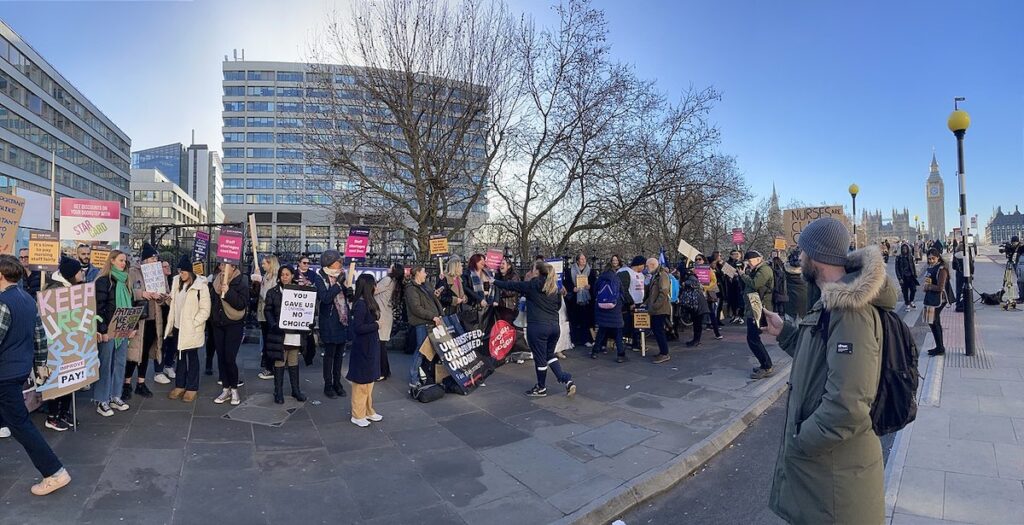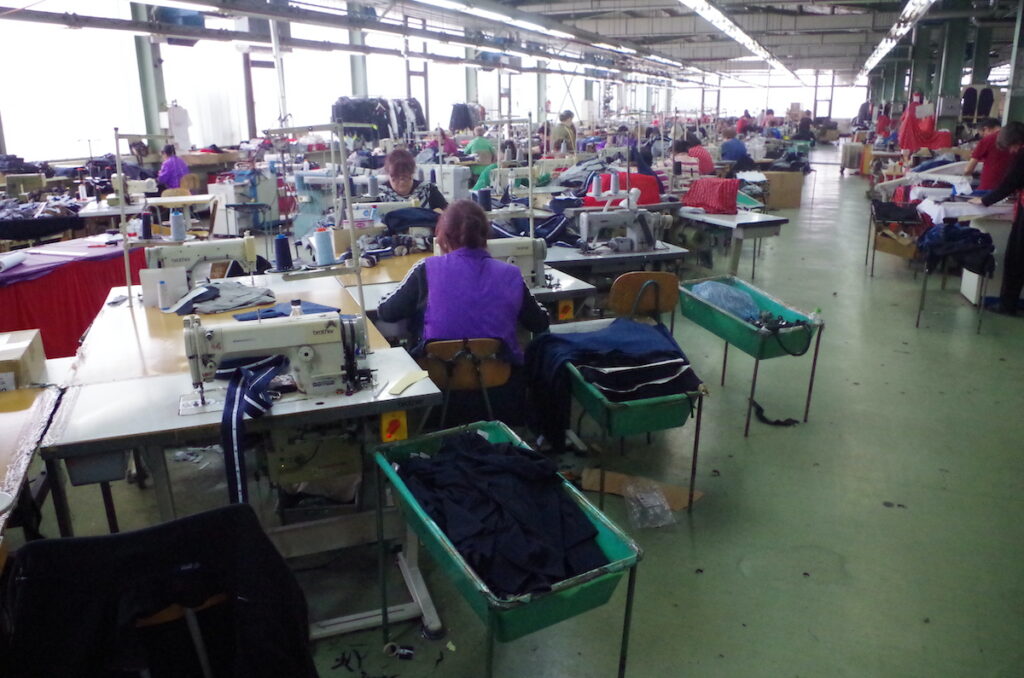The cost of living crisis, years of austerity under Tory governments since 2010, growing inflation, and a fall in real wages have provided a new space for trade unions in Britain, exemplified by a wave of strikes in 2022.
In addition to the ongoing strikes in different sectors, there has also been a growth in union membership, also driven by a large increase of women joining up between 2017 and 2020.
Historically, trade unions in the UK have secured workplace rights, including the minimum wage, maternity and paternity rights, pensions, holidays, and sick leave, and helped draw up the social agenda of the Labour Party, which was founded by unions and socialist societies in 1900.
While unions were central to these developments, they reached their peak in 1979, with 13.2 million members. Consequently, Margaret Thatcher’s Conservative government, as part of the Trans-Atlantic neoliberal consensus, antagonised unions front and centre in the 1980s.
Thatcher’s mantra was “There is no such thing as society”, which was key to how her governments (and those of her successor John Major) implemented legislation to reduce unions’ power and influence, through restrictions to the right of picketing, ballots for strike actions and preventing members from supporting other unions.
This setting also contributed to a progressive decline in union membership, which fell from its 1979 peak to below six million in the early 2010s.
While the miners’ strike of 1984-85 challenged Thatcher’s policies against unions’ actions, its outcome saw a victory of a neoliberal consensus that outlasted the conservative governments.
The return of the unions to the British stage after decades in the wings are a sign of hope and defiance for workers’ organisations in Europe. However, this contrasts with the British political scenery. The country faces a choice at the general election next year, between Tory PM Rishi Sunak’s anti-union legal position and Labour Party leader Keir Starmer’s centrist neo-Blairite stance.






